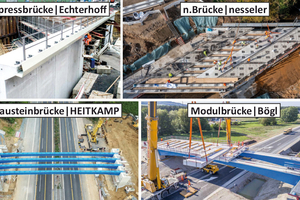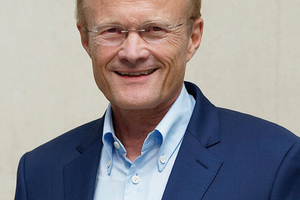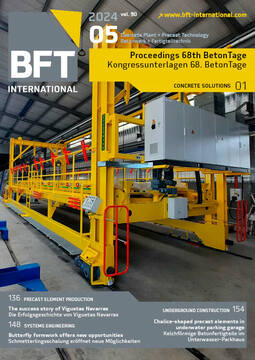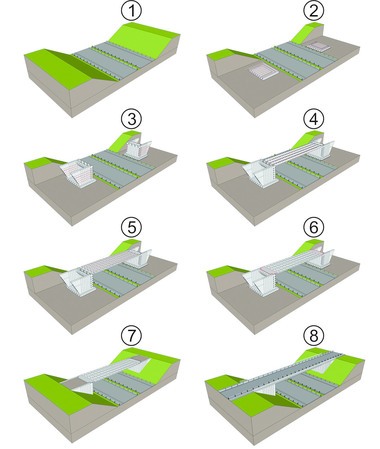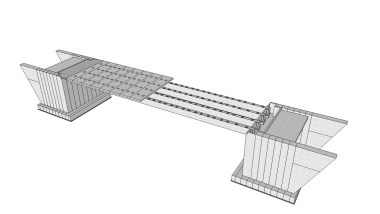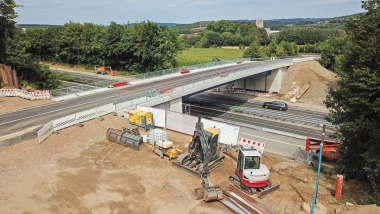Speeding up modular construction for bridges in Germany
An efficient and reliable transport infra-structure is essential for Germany as a business location, especially in times of increasing traffic volumes. A significant
proportion of the 40- to 60-year-old bridges in Germany will need to be upgraded or replaced in the next few years. Modular bridge construction systems, which allow very short construction times and therefore, short road closures, are the perfect solution to speed up the construction of new replacements while traffic continues to flow. This approach not only reduces congestion, but also the risk of accidents in the construction zone and the carbon emissions caused by stop-and-go traffic or major detours. In this way, the modular approach reduces the economic cost of projects while helping to lower emissions. In contrast to other European countries and North America, the use of modular construction for bridge projects is not yet widespread in Germany. However, successful pilot projects in Germany have clearly proven the advantages of modular bridge construction systems, which is why their further development is currently being promoted by the German Federal Highway Administration. In cooperation with stakeholders from industry and academia as well as road authorities, the project “Design Guidance for Modular Bridge Construction” was launched to develop guidelines for the construction of modular bridges in Germany based on successful pilot projects (Fig. 1). In addition to technical solutions with design principles for the complete range of modular bridge components (i.e. foundation, substructure, superstructure, and equipment), this document provides information on issues related to national technical approval procedures and public procurement regulations. This guideline can be used as a starting point to review existing regulations and guidelines for bridge structures and, if necessary, to revise them in the future.

